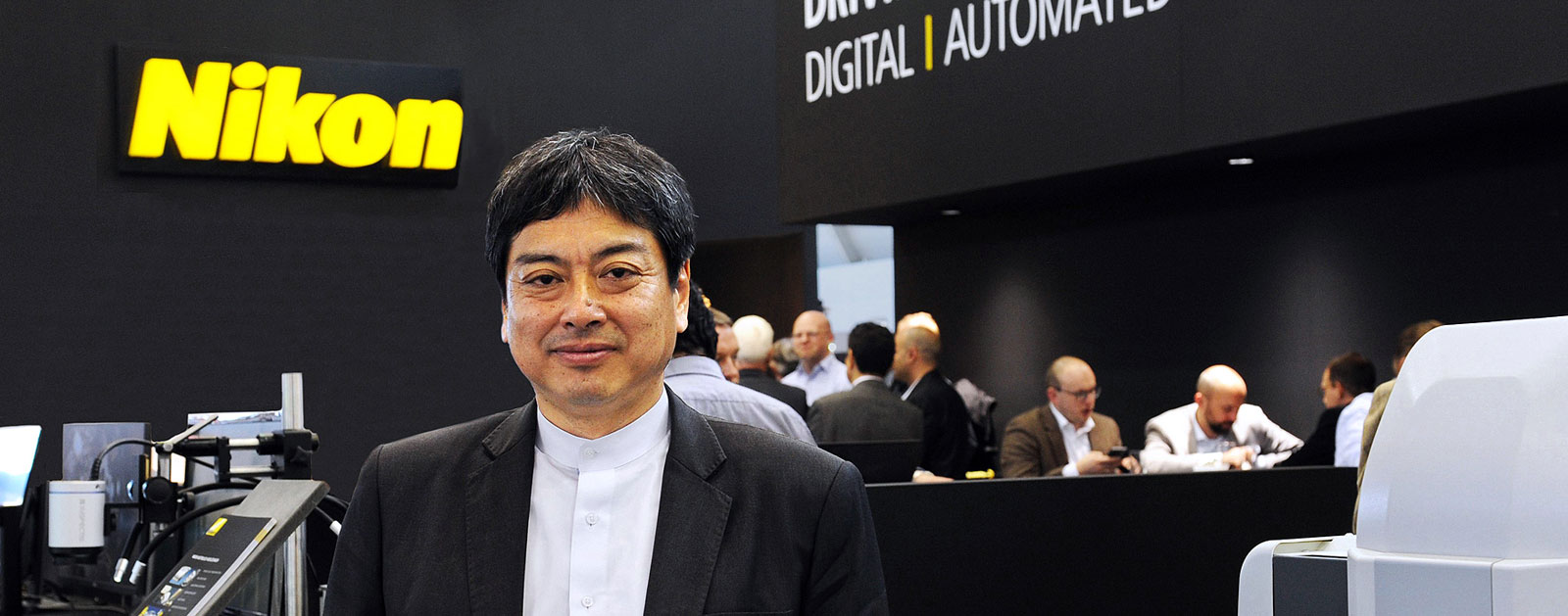Why People Don’t Notice You’ve Changed
Often in coaching, managers work on changing their behaviors. But there’s another area you need to pay attention to also—other’s perceptions of you.
Twitter RSS Feed. Stories for Twitter go here.
Often in coaching, managers work on changing their behaviors. But there’s another area you need to pay attention to also—other’s perceptions of you.
During the early 20th century, Americans were inundated with ineffective and dangerous drugs, as well as adulterated and deceptively packaged foods.
What do you think of when you think work holding? A vise, hydraulic clamps, vacuum plates, toe clamps, magnets, glue? Absolutely, but this is only half of the equation. What about the interface between these components and the machine tool?
Let’s say a store has been selling large snow shovels for $15. The morning after a major snowstorm, the store raises its price to $20. Is this acceptable?
Ihave been thinking a lot lately about innovation and how we may have emphasized one component at the expense of another. Here I’m talking about something that should appear obvious—the focus of innovation in building new things.

A recent interview with Tadashi Nakayama, Nikon’s corporate vice president, provides insight into the strategy of the firm’s Industrial Metrology Business Unit, of which he is deputy general manager.
Leadership is not about telling people what to do. A true leader is one who knows how to serve.
When I am too hot at work, I like to open a window, retrieve an ice lolly from the kitchen, and kick off my shoes. But for many people, this is not an option. Finding the right temperature can make a big difference to how happy—and productive—we are at work.
The world of work shares a single basic transaction, used millions of times a day: translating vital information into human behavior. But operationalizing this formula is not that simple.
Who remembers VisiCalc, often referred to as the first killer app? In 1978, this spreadsheet software ushered in the personal computing boom.
© 2026 Quality Digest. Copyright on content held by Quality Digest or by individual authors. Contact Quality Digest for reprint information.
“Quality Digest" is a trademark owned by Quality Circle Institute Inc.